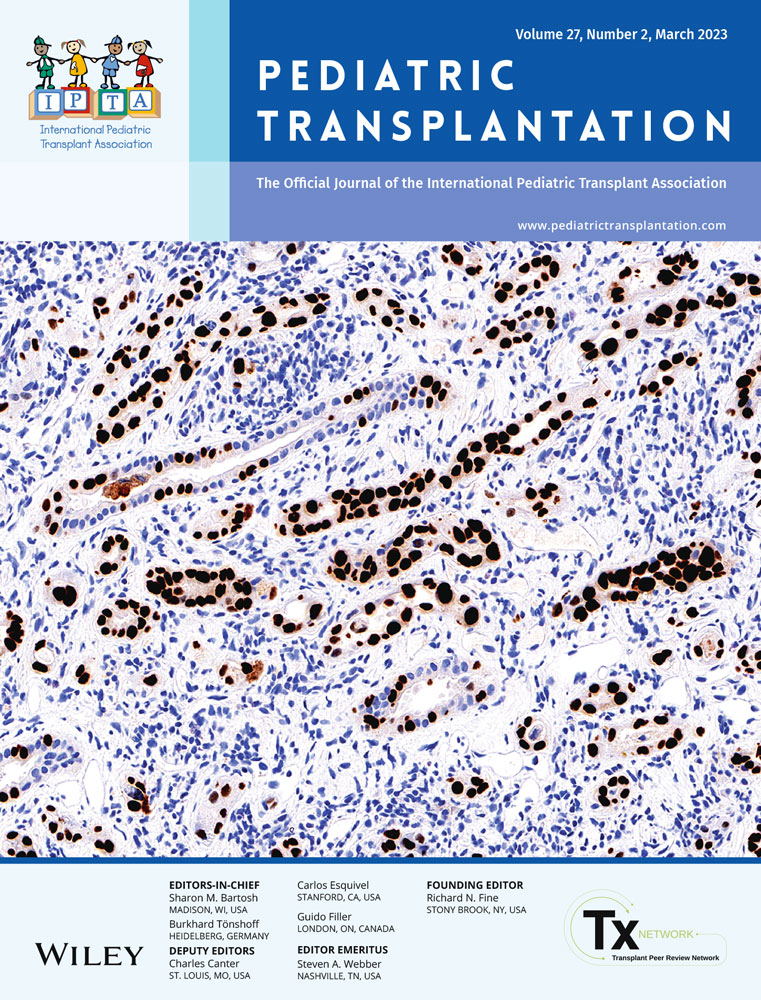Effective treatment of diabetes, improved quality of life and accelerated cognitive development after pancreas transplantation in a child with type 1 diabetes and allergy to manufactured insulin preparations
Abstract
Background
Insulin hypersensitivity reactions are rare but serious and significantly affect the treatment of diabetes in children.
Methods
A 13-year-old girl with type 1 diabetes, hypoglycemic unawareness, and treatment refractory allergy to available insulin preparations underwent a solitary pancreas transplant. Before the pancreas transplantation, she was receiving a continuous subcutaneous infusion of rapid-acting insulin with an increasing need for antihistamines and steroids, negatively impacting her cognitive and social development. Her diabetes was poorly controlled, and her quality of life was progressively worsening.
Results
Following the transplant, she recovered well from surgery and achieved euglycemia without needing exogenous insulin. She had two biopsy proven episodes of acute cellular rejection, successfully treated. Her cognitive development also accelerated. Notable improvement was noted both in her personal quality of life and her family's overall well-being.
Conclusions
This is the youngest pancreas transplant recipient with over 1-year graft survival reported in the literature. Pancreas transplant alone in a teenager without indications for kidney transplantation could be considered a last resort treatment for diabetes when continuing insulin therapy presents a high level of morbidity. A pancreas transplant is a feasible treatment modality for patients with refractory insulin allergy.
Open Research
DATA AVAILABILITY STATEMENT
The data supporting this study's findings are available from the corresponding author upon reasonable request.




